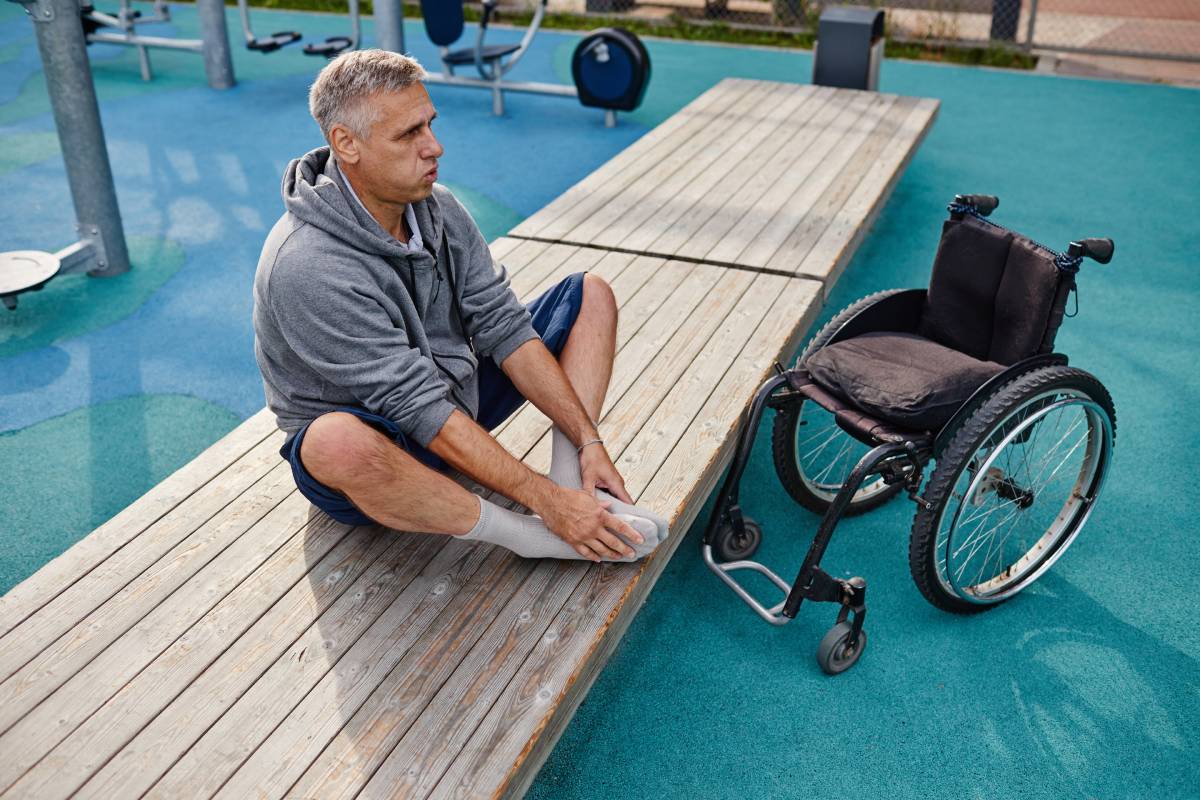Keep an Eye on Your Lung Health
To maintain your lung health as you age, regular checkups with your healthcare provider are crucial. These checkups help monitor your lung function over time, identify early signs of lung disease, and manage existing conditions like asthma. While a gradual decline in lung capacity is natural with age, persistent shortness of breath or early warning signs such as chronic cough, wheezing, chest pain, coughing up blood, or difficulty keeping up with peers should prompt a discussion with your healthcare provider.
Safeguard Your Lungs by Quitting Smoking
Smoking introduces over 7,000 chemicals, including 69 known carcinogens, into your lungs, increasing the risk of lung cancer, COPD, and other lung diseases. Quitting smoking is the most effective way to maintain lung health. Within minutes of quitting, your heart rate and blood pressure start to drop, and over time, your breathing improves. The risk of various diseases associated with smoking significantly decreases when you lead a smoke-free life.
Regardless of age or smoking duration, multiple attempts may be needed to quit, but counselling and medication can enhance success. Free resources, like Clear Horizons, a Quit-Smoking Guide for People 50 and Older, are available on Smokefree.gov, and local health departments may offer additional cessation services.

Ease Your Lungs’ Job by Avoiding Air Pollution
As you age, your lungs struggle to clear foreign particles, making them more vulnerable to damage from pollutants. Reduced sensitivity of nerves in your airways allows more particles to enter your respiratory system, leading to potential lung tissue damage. Minimize exposure to indoor and outdoor air pollution by:
-
- Checking the Air Quality Index (AQI) on Airnow.gov and staying indoors on days with poor air quality.
- Keeping doors and windows shut during high outdoor air pollution days.
- Using an N-95 face mask outdoors on days with poor air quality.
- Improving ventilation at home on good air quality days by using fans and opening windows.
- Choosing low- or no-VOC cleaning products (refer to the Environmental Protection Agency’s Safer Choice Standard and the Environmental Working Group’s Verified database).
- Maintaining indoor humidity between 30 and 50% with a dehumidifier to prevent mould growth.
- Using an air purifier to remove pollutants from indoor air.
Final thought
In the journey of ageing, prioritizing lung health is a key component of overall well-being. Regular exercise, a nutritious diet, monitoring lung function, quitting smoking, and minimizing exposure to air pollution are proactive steps toward maintaining robust respiratory function.
Remember, it’s never too late to start adopting healthy habits for your lungs. As you embark on this path, may your respiratory well-being flourish, contributing to a healthier and more vibrant life.


